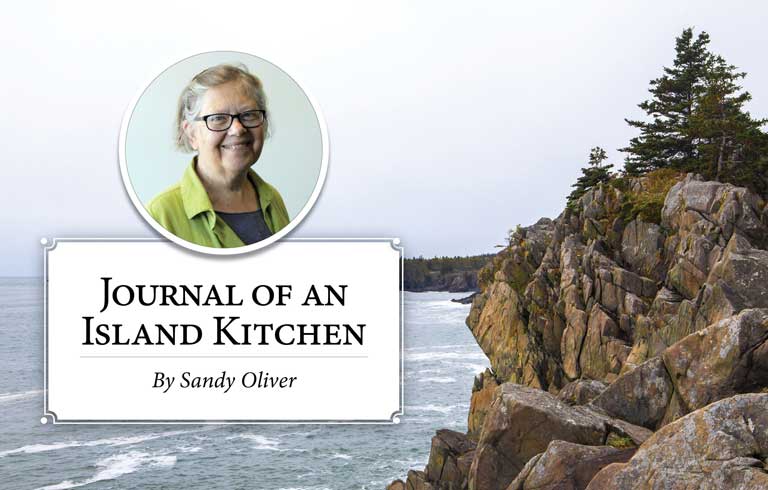If it ever lived—moved, breathed, ate, drank, grew from within—it is probably plant-based. My house has a plant-based structure, filled with plant-based things to sit on, sleep on, dine and write at, and filled with plant-based creatures, humans and a cat, who are covered, as much as possible, with plant-based clothing and fur.
Generally, plant-based refers to vegetative matter. These days plant-based sounds terribly virtuous, and people will assure me and each other that they prefer a plant-based diet. We walk through grocery stores whose shelves hold products proclaiming plant-based and dairy sections with plant-based milks and faux-cheeses.
Is there something wrong with this? I suspect it depends on how much tolerance one has for fooling ourselves.
Consider what’s conventionally described as plant-based: almost anything that comes in a box or bag and goes crunch, whether or not it has nutritive value. You can be a vegetarian and never cook a vegetable.
Milk as a beverage for anyone not a baby human or animal is a fairly recent phenomenon, only a hundred plus a few decades old.
The problem is it’s all processed food. If one is hoping to tread more lightly on the earth, one must consider the carbon required to take commodities like corn, soy, grains, and nuts and turn them into a product packaged and distributed far from the source. Big food manufacturers cheer every time the public decides it wants some new dietary regimen.
Plant-based milks are another source of troubling questions, mostly because of water use. Why are we drinking milk, period? Milk as a beverage for anyone not a baby human or animal is a fairly recent phenomenon, only a hundred plus a few decades old.
Milk is a wonderfully useful substance, goodness knows, for cooking or fermenting into cheese or yogurt. Several different animals contribute milk to the cause: goats, sheep, buffalos, yaks, camels, etc., so cows needn’t be a sole source.
A worthwhile book sheds light on our reliance on cow’s milk. Spoiled: The Myth of Milk as Superfood by Anne Mendelson—which I highly recommend—tackles head-on the idea of milk as a dietary necessity.
So instead of pasturing them to eat grass as Mother Nature designed them to do, we are raising dairy animals confined in huge buildings, fed a grain-based diet and egregious amounts of water in order to provide a beverage we don’t need.
Almond milk, which requires much less water, is still too water-costly coming from almond tree plantations often growing where they must be irrigated. Oat and soy milk both require much less water than almond milk, but, as one in my household points out, oat milk doesn’t taste very good, and the least water consumptive—soy—never seems to darken our door.
As for me and milk, I never touch the stuff. As a kid, I hated it, and I like it mainly when it’s made into chocolate pudding. Or ice cream.
All the assertions that our diet is easier on our climate when we don’t eat much meat ignores that animals are also plant-based. How we raise them harms our environment, health, and the health of the animals themselves. Why do we raise them that way? Welcome to the United States of Cheapskates, people—cheap burgers, chicken tenders, the world of pink slime. If we dialed meat consumption back to a couple or three times a week, we could have our meat and eat it, too, and the climate wouldn’t be taking it on the chin.
If we shifted slaughtering and butchering closer to home, we’d reduce the incidence of foodborne illness and the carbon foot-print.
I notice Mother Nature seems to like animals as part of her overall growing practice, managing it with balance. It’s humans who throw it all out of whack.
We’ve got ourselves so far down the road of immoderation in food production that there are no simple solutions left. For meat eaters, the simplest so far seems to be deer and moose hunting which puts lean, clean, free-range, organic meat in our freezers.
For islanders and rural dwellers, and even urban gardeners, the home vegetable plot is part of our salvation. The old family cow, pig, and a flock of chickens is not practical for most of us. Farmer’s markets offer good ingredients to the few who have access to them and can afford fresh and gorgeous produce.
What else is plant-based? Would you accept homegrown, home-cooked food? How about a wider perspective, generosity, and wholesome humility?
Sandy Oliver is a food historian who lives, gardens, cooks, and writes on Islesboro. She may be contacted at SandyOliver47@gmail.com.





